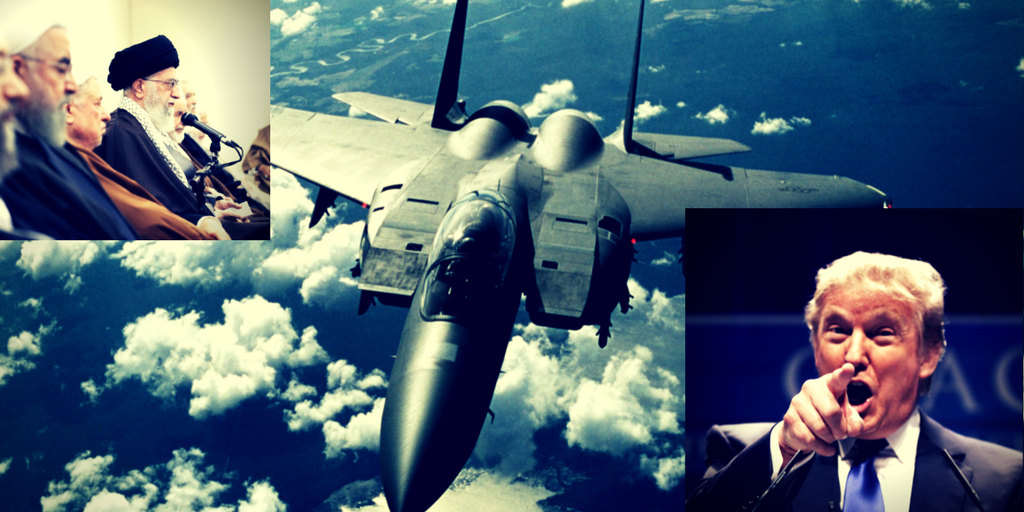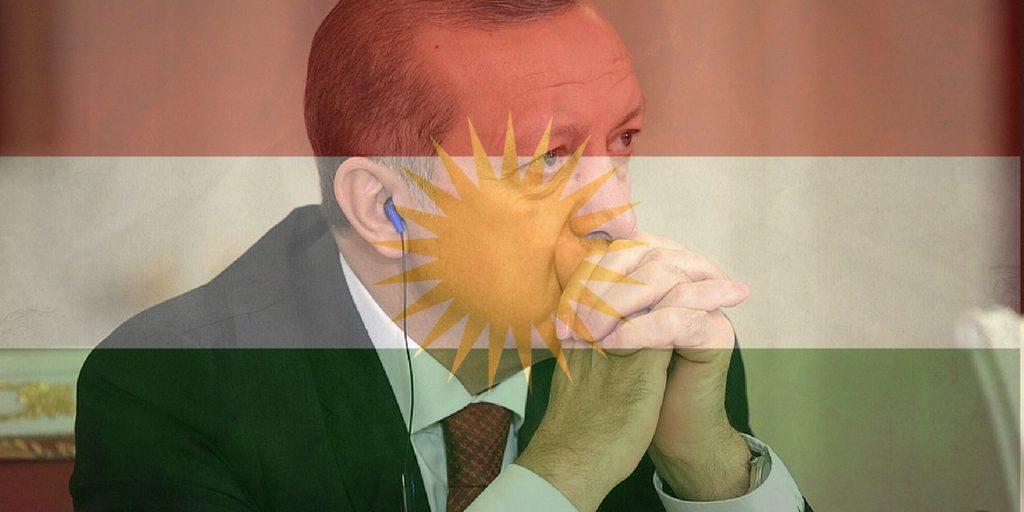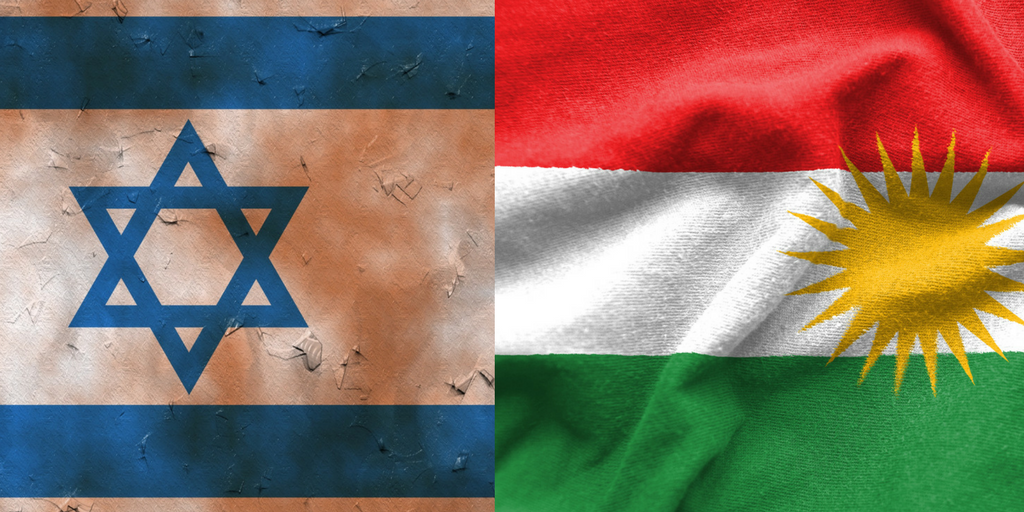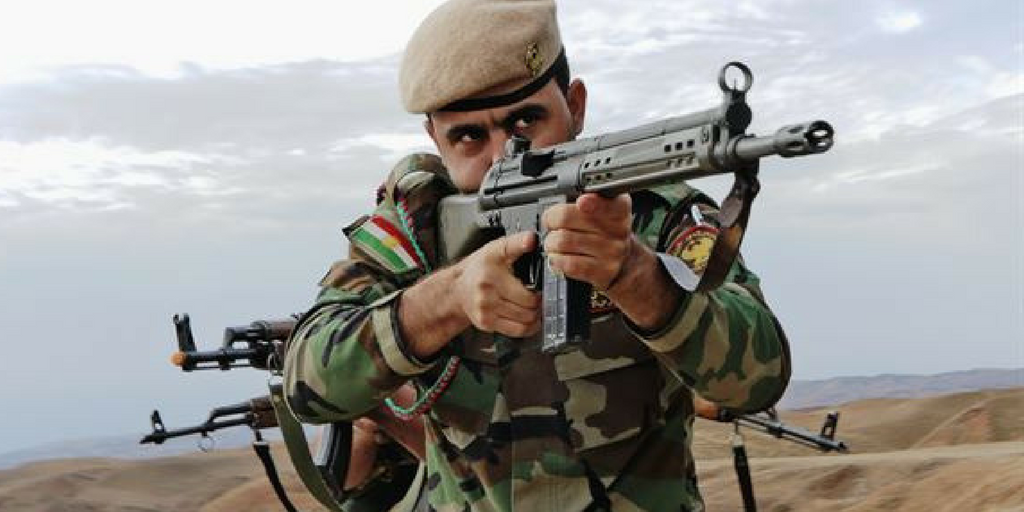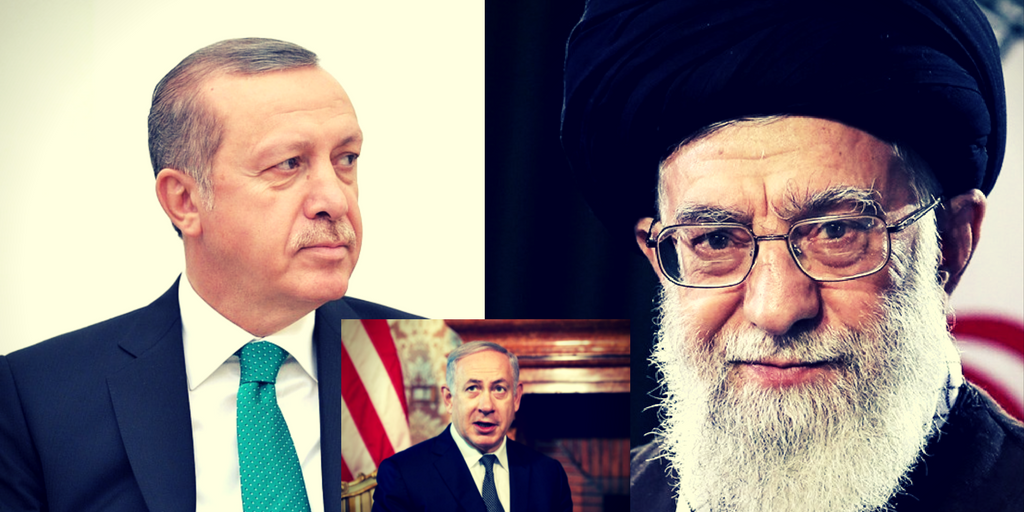All signs are pointing to an imminent “preemptive” strike by the US against Syria. This is of course a prelude to an ever-expanding role for the US military in Syria. Now, even if Syria was about to use chemical weapons it is not clear why the US is suddenly concerned about intervening in the 6-year-old civil war. Yet, they are intervening and have been increasing their ground ops for weeks.
- The US Military has been actively training an supporting the SDF and YPG against ISIS in Raqqa as well as solidifying the groups’ hold over large areas of Eastern Syria
- The US Military has been active on the Eastern part of the Syrian, Jordanian, and Iraqi border area, building US bases in Syria.
- The US Military has redeployed the YPG to Southeastern Syria in hopes they will hold off the Syrian regime advancement
With all of the above in mind, Trump’s now direct threat against the Syrian regime and Russia’s response puts the entie region on the verge of a Syrian War on steroids.
So why would Trump risk a war with Russia/Iran over chemical weapons infractions?
As we have reported here, the Syrian Regime and its Iranian allies have been gaining ground across the country. According to sources on the ground, the Syrian regime is close to defeating rebel units in Daraa. The Syriran regime has already started to advance on Israel, but has been held back for now by elements of the FSA (Free Syrian Army) which Israel covertly backs. In the East, the YPG has been unable to hold off the Regime’s advance.
If Trump does not make a move soon, the FSA in the Quneitra area will collapse and at the same time the gains by the US and Jordan in the East will be effectively reversed. This will complete the Shiite Crescent from Tehran to Aleppo, and create an existential threat to Israel and Saudi Arabia. The Shiite Crescent will also give strength to Turkey’s goal of wiping out the Kurds, effectively ending Kurdistan’s drive for independence.
The US has little time to maneuver as Syria backed by Russia and Iran are in the final weeks of mopping up from the Syrian civil war.
It is either now or never.

